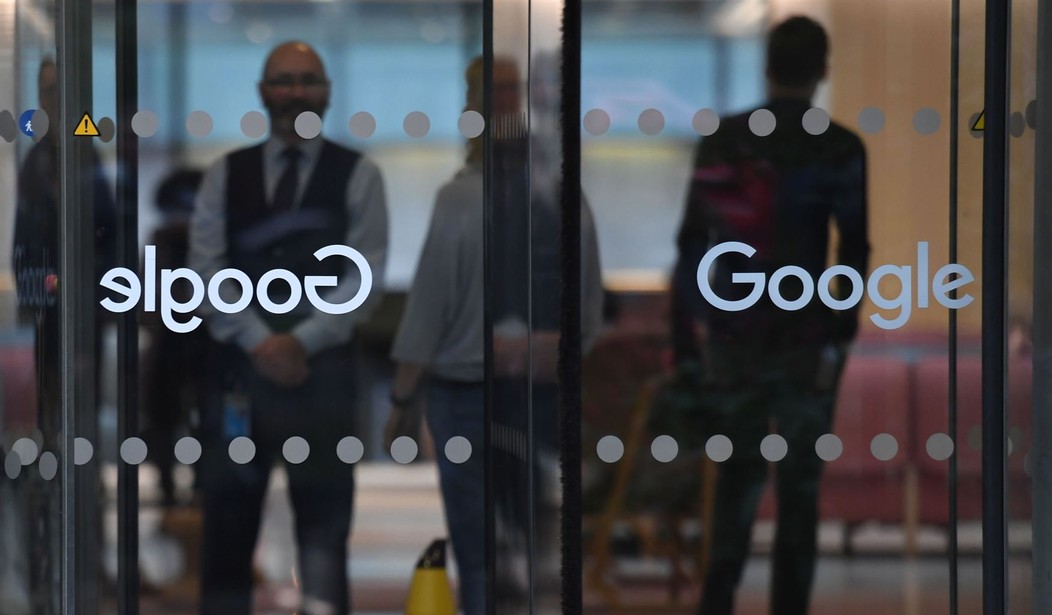Blockchain technology has been the talk of the tech world for the last several years. That said, it is also something of a riddle, wrapped in a mystery, inside an enigma. There are plenty of great books that effectively promote it, such as Don and Alex Tapscott’s nearly canonical Blockchain Revolution, published in 2016.
Fast forward the revolution by two years. There’s more to say.
George Gilder, in the most important recent book on blockchain, is here to say it. He not only dazzles but demystifies the blockchain, making vivid exactly how it is going to transform the internet and our lives.
Gilder is one of the most consequential public intellectuals of our era. He wrote Wealth and Poverty, the million-selling “bible” of the Reagan Revolution (which laid out the policy architecture that propelled the Dow Jones Industrial Average from around 800 in 1979 to 25,000+ today.
Gilder, a self-described “Cornucopian,” then went on to write four of the most influential books that predicted the technology of the modern era: Microcosm, about the computer chip; Telecosm and Life After Television, about the practical implications of fiber optics; and The Silicon Eye, about how cameras would become ubiquitous (as they are… on every mobile phone, laptop, and desktop computer, among many other devices).
George Gilder has unequivocally established his bona fides as an economic and technology guru. He now extends his hitting streak with a book about what he calls the Cryptocosm: Life After Google: The Fall of Big Data and the Rise of the Blockchain Economy.
Yes, Gilder explains “why” blockchain technology will transform the world. Non-techies may find these explanations a bit daunting, although dazzling. But what really makes Life After Google invaluable is how Gilder, clearly and definitively, shows “how” blockchain is transforming the world.
Recommended
Gilder, gives us The Big Reveal: real uses – not “use cases” – where the blockchain is now being applied. He shows us, in a way that even your grandmother will immediately grasp, how this will change both the user experience and our lives.
One of these is digital identity. Right now, big data companies have figured out how to appropriate hyperlinks on the web and exploit them to become some of the most valuable companies in the world. According to Gilder, Blockstack, a blockchain startup, makes it possible for users to have control over our fundamental digital rights: identity, data-ownership, privacy, and security. Gilder:
“The Internet stack had become a porous and perforated scheme in which most of the money and power could be sucked up by the big apps at the top run by companies such as Google. What was needed was a blockstack that could keep the crucial IDs and personal data and pointers to storage addresses in a secure and immutable database on the blockchain.”
Google makes billions of dollars in profits a year by advertising to you (and me!). But what if Google had to – by the power of competition, not regulation -- share a big chunk of that revenue with us?
Gilder introduces us to Brendon Eich (former Master of Mozilla) who created the Brave Browser. This keeps your web searches from being tracked by browsers such as Chrome, Safari, or Firefox. And Eich has created a blockchain called Basic Attention Tokens (BATs), which will allow you to be paid for your attention, meaning for seeing ads. Don’t quit your day job yet but… BATs will make users a partner rather a product of companies such as Google.
Coming soon: Otoy, providing blockchain “Render Tokens,” essential to Virtual Reality. To oversimplify just a bit, thanks to the blockchain you soon will be going to (and creating!) websites rendered in 3D.
That will be as radical a shift in user experience as the shift from silent films to talkies, or black and white to Technicolor. How will Facebook, another beneficiary of Big Data, compete with a rival social network where you post 3D movies and interact in virtual 3D in real time with your friends? Thanks to the blockchain it is only a matter of time before VR will be the standard user experience on the web.
Treat yourself to a dazzling vision of the future: the fall of big data and the rise of the blockchain economy: Life After Google: The Fall of Big Data and the Rise of the Blockchain Economy. You will never be the same.
And welcome to the Cryptocosm.























Join the conversation as a VIP Member